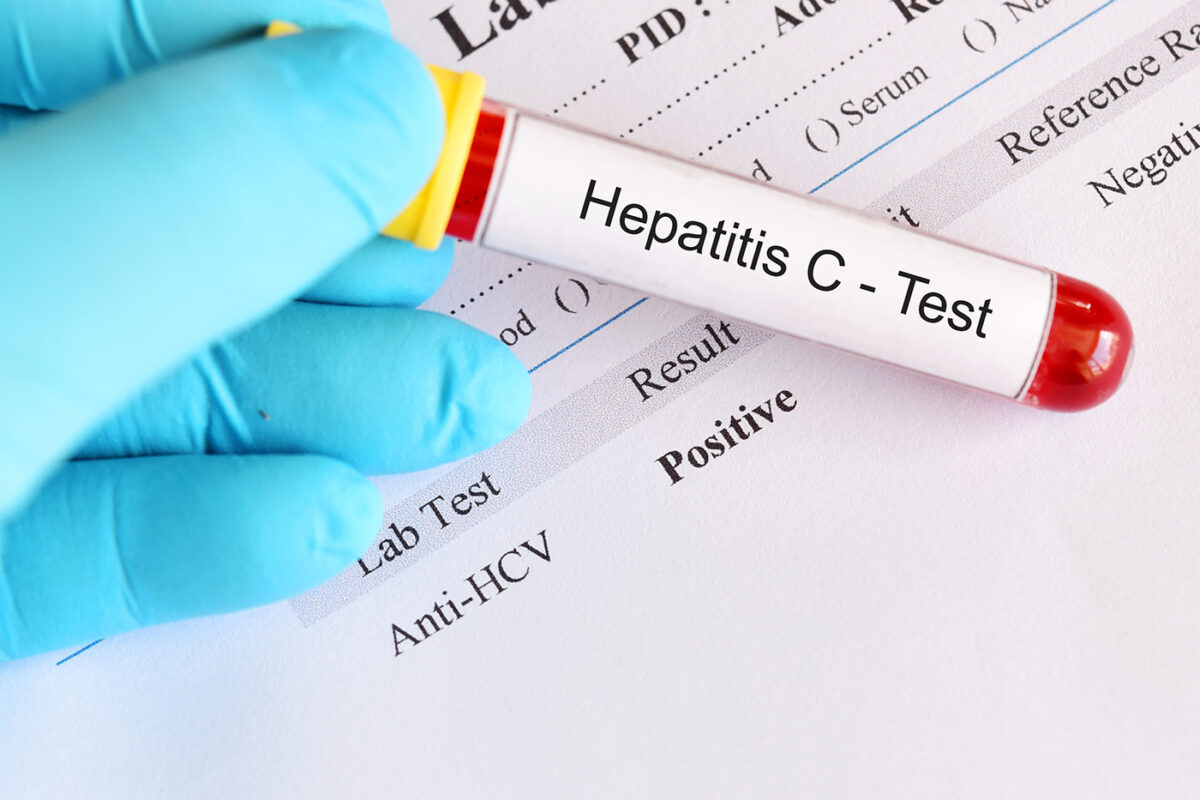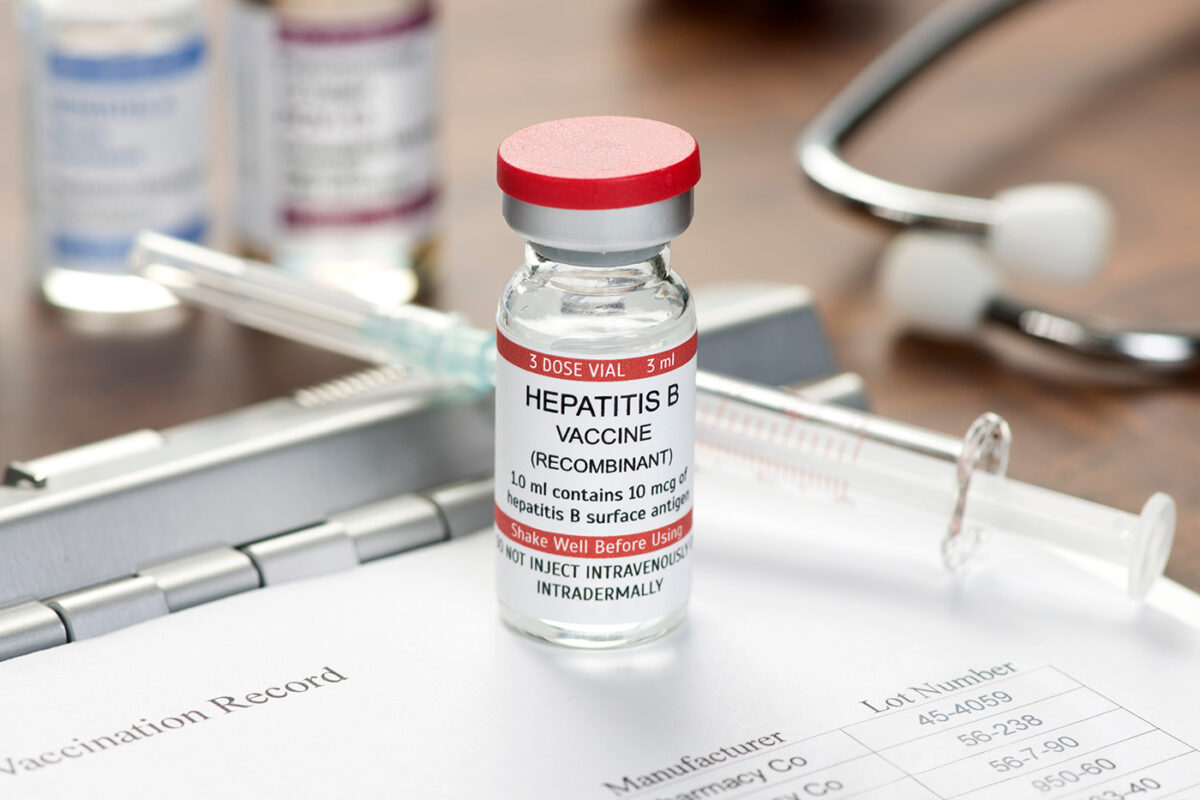To many of us, it may seem far-fetched that someone would sacrifice such a fundamental need as a nutritious meal. Unfortunately, however, this “imaginary” scenario is far too real for many seniors–especially in Arkansas, where nearly one out of every five seniors aged 60 and older experienced food insecurity in 2015. For seniors living below 200% of the federal poverty level, the situation was even grimmer: more than half were affected by food insecurity. This article discusses risks factors and the impact of food insecurity among Arkansas’s seniors age 60 and older, what is currently being done to address the issue, and what we can do together to continue to reduce senior hunger.
Key takeaways
- From 2011 to 2014, Arkansas had the highest percentage of seniors facing a threat of hunger among all 50 states. In 2015, the state dropped to No. 5 and had the single largest reduction in the percentage of seniors facing a threat of hunger, a decrease of 5.29%.
- Primary causes of food insecurity include limited financial resources, limited access to healthy foods (e.g., living in an area with few grocery stores), lack of transportation, and reduced mobility.
- Risk factors include: race (African Americans and Hispanics are at increased risk); marital status (widowed, divorced, separated, or never-married seniors are at greater risk); low-income; younger age (60- 69 are at greater risk); unemployment; and disability. Those caring for grandchildren are also at increased risk.
- Food-insecure seniors are more likely to experience negative health consequences, compared with their food-secure peers and other age groups.
- There are existing initiatives taking place to address senior hunger. More work can still be done to reduce senior hunger, including raising awareness about senior hunger through community events or on social media; working to reduce the stigma and other barriers to SNAP (Supplemental Nutrition Assistance Program) participation by seniors through education, outreach, and application assistance; and providing transportation, such as bus routes, to allow for easier access to established markets.







